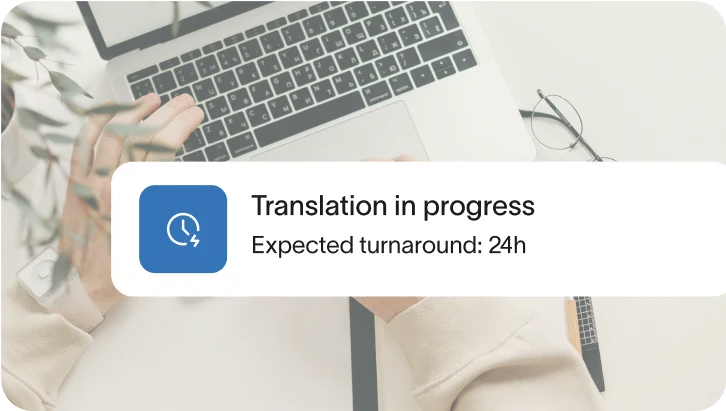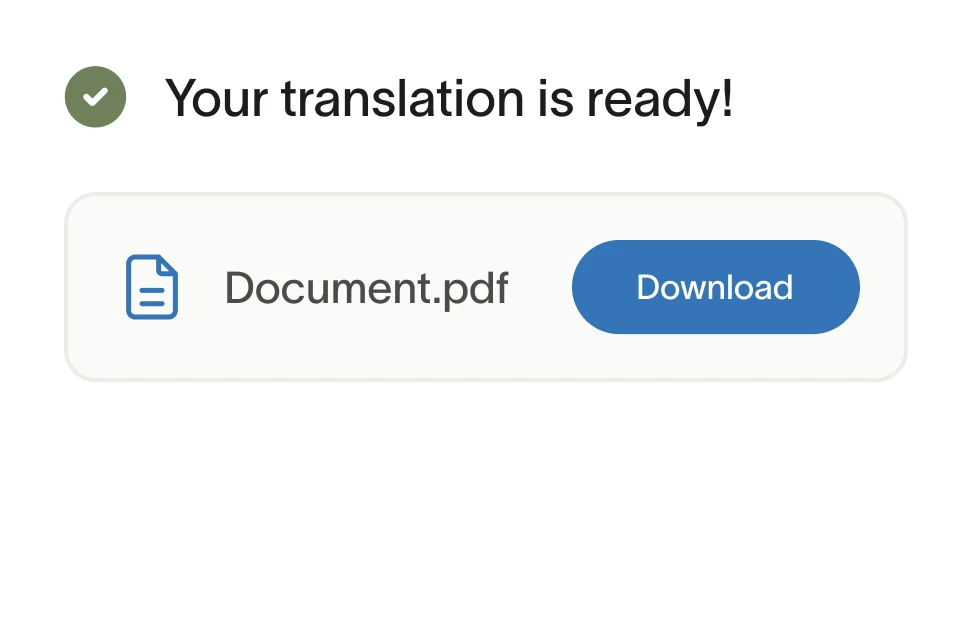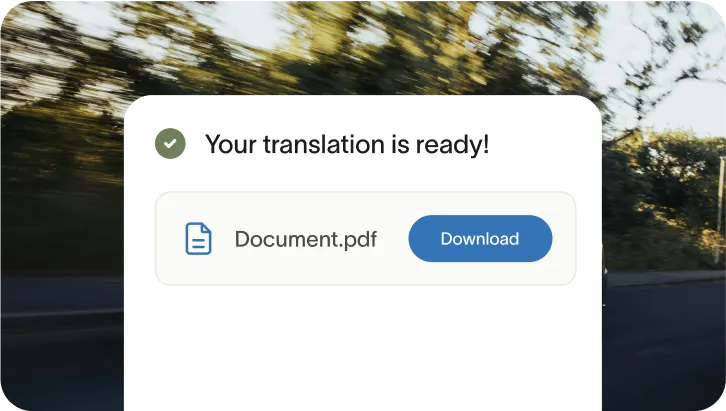Financial Service translation services
Accuracy and compliance are critical in financial services, where translation errors can lead to penalties. RushTranslate provides professional translations at $0.10 per word for marketing and internal use, and certified translations at $24.95 per page for regulatory filings, contracts, and compliance documents, all with 24-hour turnaround and unlimited revisions.































